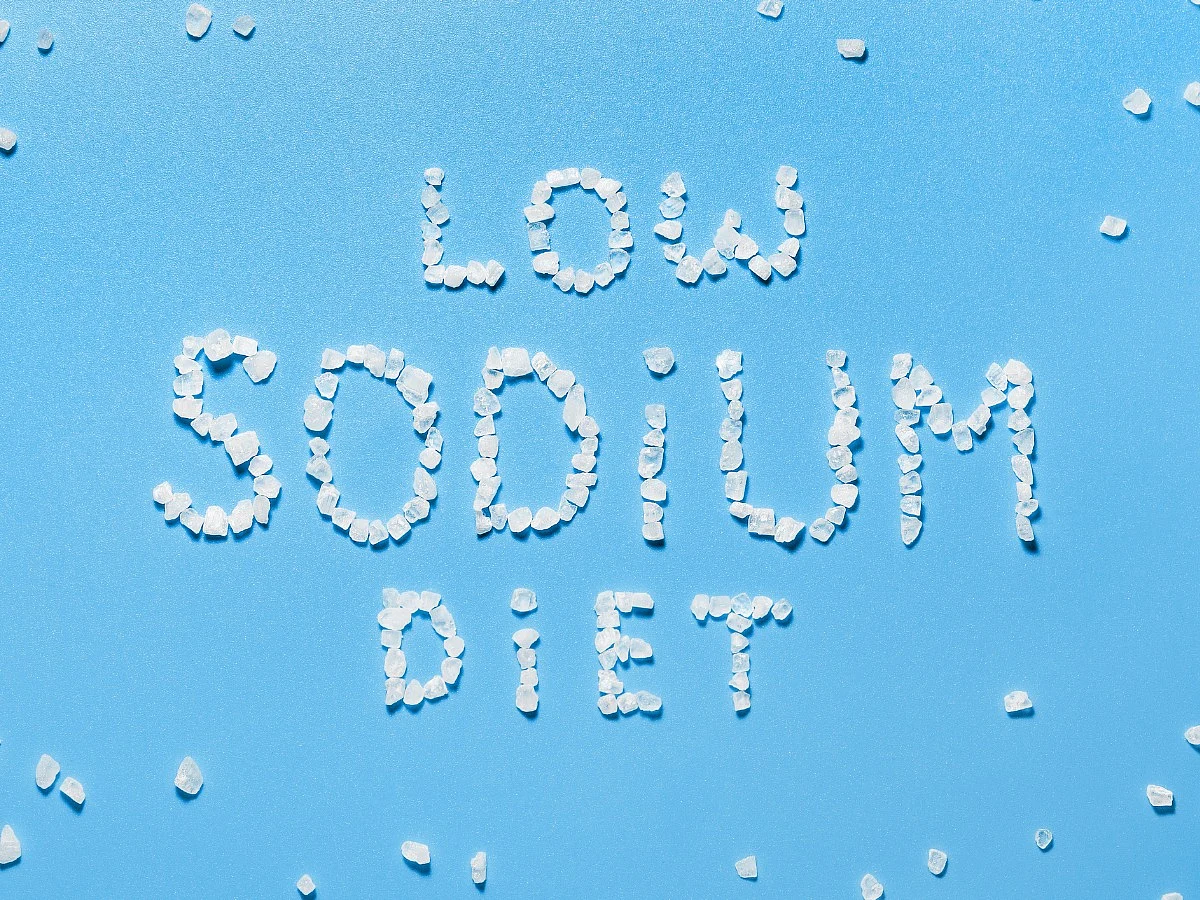6 Health Benefits Of Low Sodium Diet
Check the health benefits and advantages of consuming low sodium diet

advertisement
Sodium is an essential mineral involved in many important bodily functions, including cellular function, fluid regulation, electrolyte balance, and maintaining blood pressure. This mineral being vital to life, the kidneys tightly regulate its levels based on the concentration (osmolarity) of bodily fluids. Sodium is found in most of the foods we eat but whole foods like vegetables, fruits, and poultry contain much lower amounts of sodium. Plant-based foods mostly have less sodium compared to animal-based foods, such as meat and dairy products. Sodium is the most concentrated in processed and packaged foods where salt is added during processing to enhance flavor. A low-sodium diet is beneficial for people with kidney disease.
What Happens When You Reduce Sodium In Your Diet?
1. Regulates Blood Pressure
Excessive intake of ultra-processed foods that are high in sodium increases the risk of high blood pressure. Excess sodium also leads to increased fluid retention which causes higher pressure in the blood vessels. Cutting down on sodium intake helps to lower blood pressure. It also proves to be beneficial for hypertension.
2. Improves Heart Health
Sodium reduces the risk of heart disease by improving blood vessel function. It reduces all kinds of strain on the heart. It also lowers the risk of congestive heart failure. It is a condition in which the heart is unable to pump blood effectively. Eating foods with high content of sodium helps to keep your heart healthy.
3, Improves Kidney Health
Foods that are less in sodium content are beneficial for individuals with kidney problems, as they help to reduce the workload on the kidneys. It also slows down the progression of kidney disease and reduces the risk of kidney stones.
4. Maintains Electrolyte Balance
Sodium is one of the main components of the electrolyte that helps to maintain the pH balance of the body and ensures that the muscles function properly.
5. Helps to keep you energized all day long
A low-sodium diet helps to maintain energy levels. High intake of sodium leads to the thickening of arteries which causes the heart rate to increase as there is low blood supply. And this is the reason why you get tired easily. But eating a low-sodium diet can help save your arteries from choking, and it makes you feel less fatigued and more energetic.
6. Promotes Healthy Vision
Eating a low-sodium diet helps to get your blood pressure high which is very low. High blood pressure is responsible for destroying blood vessels which further leads to vision loss. While eating sodium you need to keep monitoring your blood pressure levels to ensure that everything is under control.
(At The Quint, we question everything. Play an active role in shaping our journalism by becoming a member today.)